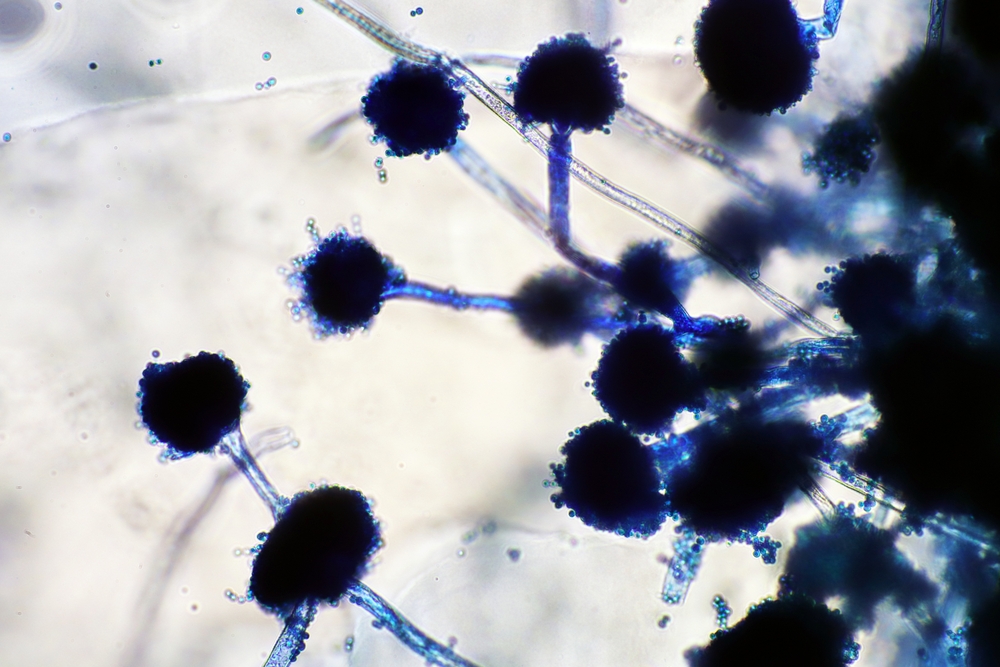In a revolutionary discovery, the largest-ever investigation of ocean DNA, published in the journal Frontiers in Science, has shown a plethora of fungi living in the ocean’s mysterious twilight zone. This enormous study builds on a comprehensive ocean DNA catalog that includes over 317 million marine organism gene groups assembled from samples taken on ambitious journeys such as the four-year Tara Oceans expedition and the 2010 Malaspina Circumnavigation expedition.
At depths ranging from 200 to 1,000 meters below the surface, the twilight zone is a harsh environment characterized by high pressure, a lack of light, and low temperatures. This unusual situation becomes a potential jackpot for scientific discovery. Fabio Favoretto, a postdoctoral scholar at Scripps Institution of Oceanography, emphasizes the significance, saying, “Penicillin is an antibiotic that originally came from a fungus called Penicillium, so we might find something like that from these ocean fungi.”
The ocean DNA catalog: illuminating the depths and unearthing secrets
The recently revealed ocean DNA catalog demonstrates technological developments that have allowed for greater in-depth analysis of existing samples. This advancement has not only broadened our understanding of the ocean’s secrets but also cleared the way for prospective breakthroughs in marine biotechnology. Elisa Laiolo, the main author of the article and a marine biologist, says, “Advances in technology meant existing samples could provide much more data than before, while the cataloging process helped open new doors into the understudied ocean.”
The library includes a wide variety of marine creatures and gene groupings, offering information on the complex web of life in the ocean’s depths. The marine biotechnology business, which is presently valued at around $6 billion, is expected to nearly double by 2032.
Driving gene diversity in ocean evolution
During the cataloging process, it was discovered that viruses play an important role in promoting gene diversity. Carlos Duarte, a marine science professor and senior author of the paper, emphasizes the importance of the discovery. Viruses operate as catalysts, allowing gene transmission across organisms and so promoting genomic diversification. This viral symphony speeds the evolution of marine creatures, resulting in the appearance of genes capable of breaking down man-made polymers present in plastic pollution.
Duarte emphasizes, “Viruses implant themselves and transfer genes from one organism to another. That means viruses generate genetic variety, which accelerates their evolution.” The fast development witnessed in the ocean demonstrates marine life‘s remarkable flexibility in the face of environmental obstacles.
A call to explore the seabed
Among the celebrations of the catalog’s accomplishments, Laiolo emphasizes a vital point: the need for increased investigations of the ocean floor. The ocean’s depths, particularly the seafloor, remain mainly uncharted territory. According to Laiolo, “It is easier to sample the water than the ocean floor, and what we underline in the paper is the need to increase studies targeting the seabed in the future.”
Exploring the ocean floor may reveal further secrets and lead to a better knowledge of marine ecosystems and their potential for scientific and pharmacological discovery.
Marine gene ownership and benefit sharing
While the ocean DNA database has enormous promise, issues remain in terms of marine gene ownership and appropriate benefit sharing. Duarte raises an important point, adding, “Since October last year, a new treaty went into effect, stating that those who discover a marine gene own it.” But they must share the rewards. The concern is that it’s unclear how the benefit sharing will function.”
Duarte’s issue highlights the global disparity in marine gene patents, with ten countries now possessing 90 percent of the patents. Bridging this gap and ensuring equitable benefit distribution are critical for increasing international collaboration in marine biotechnology research.
The ocean DNA library has been lauded as an invaluable resource for biodiversity evaluation and conservation initiatives. Favoretto is optimistic, describing it as a critical tool that will allow researchers to track changes in species distribution, especially in light of the challenges given by the climate crisis and human activity.
Source study: Frontiers in Science—Metagenomic probing toward and atlas of the taxonomic and metabolic foundations of the global ocean genome












